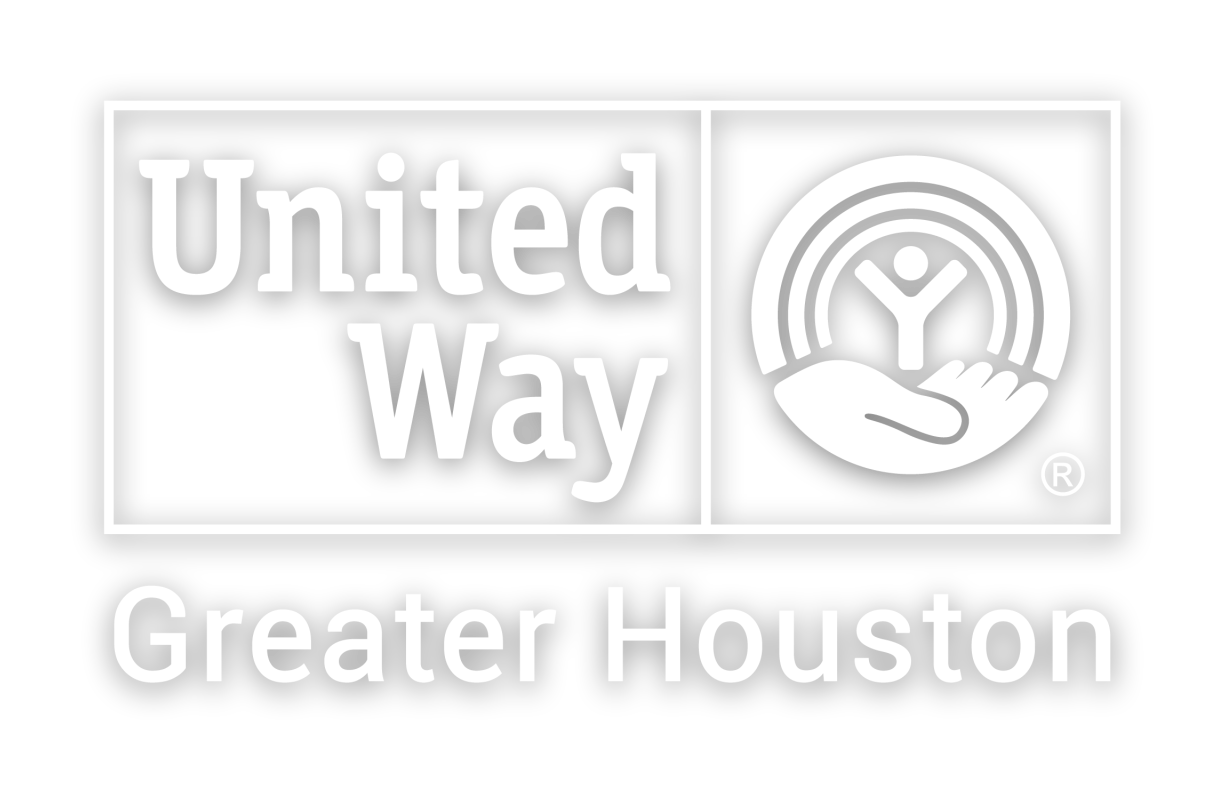Data from Latest United Way ALICE Report Reveals More Than One Million Households in the Greater Houston Area Struggle to Make Ends Meet
HOUSTON, TX (June 12, 2023) – Newly released data from the United Way ALICE (Asset Limited, Income Constrained, Employed) Report shows an increase in households in the Greater Houston area that are struggling to afford basic necessities. The report offers a detailed look at the income needed for an average household in this region to make ends meet and takes into account the local cost of housing, child care, transportation, food, taxes, health care, miscellaneous expenses and technology. In the four-county region of Fort Bend, Harris, Montgomery and Waller counties, 31% of households are experiencing ALICE, with another 14% of households living below the federal poverty threshold.
The ALICE Report places a spotlight on the large population of hardworking residents in the Greater Houston area who often work multiple jobs, but have little to no savings and are often forced to make tough choices, such as deciding between quality child care or paying the rent. Data from this year’s ALICE Report was collected in 2021 and reflects the large number of families lifted up economically by COVID-related tax credits and at the early stage of rising inflation. With the loss of these incentives and the added pressures of higher inflation, many families are facing increased financial challenges since the data was collected.
“Those in our community experiencing ALICE are often hidden in plain sight – a child care worker or home health aide – and the tough financial choices they face can have long-term consequences for all of us,” said Amanda McMillian, president and CEO, United Way of Greater Houston. “The ALICE Report offers valuable data that allows us to invest in communities that are high areas of need so that those households experiencing ALICE have the opportunity to achieve financial stability goals so they not only land on their feet, but stay there.”
The United Way ALICE Report uses data from a variety of sources, including the U.S. Census, to provide an in-depth look at financial needs in the region. The Federal Poverty Line (FPL) is considered to be an outdated calculation that no longer provides accurate information about the number of people facing hardship across the country. The ALICE Report measures the real challenges many working households face and encourages the use of data to inform both programmatic and policy solutions for those households and their communities.
This year’s ALICE Report reveals many data points, including:
- In the four-county region served by United Way of Greater Houston (Fort Bend, Harris, Montgomery and Waller counties), 31% of households are experiencing ALICE, with another 14% of households living below the federal poverty threshold.
- The number of households experiencing ALICE has increased by 5% since the last ALICE Report in 2021, largely due to the population growth in the region, especially in suburban areas.
- Since 2018, the cost of basic necessities for a family of three (single parent with preschooler and school-aged child) increased by $5,311 (8%), with food costs being one of the largest increases, from $530 per month in 2018 to $878 in 2021. The local cost of rent represents the greatest expense for a family of three, averaging $1,295 per month. For the same size family, local child care costs represent the second greatest expense, averaging $991 per month.
- The ALICE Survival Budget, which shows how much an individual or family needs to cover the bare minimum costs locally to live and work in the modern economy, does not allow for any savings, leaving a family vulnerable to any unexpected expense, such as a costly car repair, natural disaster, or health issue.
For more information on ALICE and to review this year’s report, visit https://unitedwayhouston.org/what-we-do/employed-but-in-need/.
###
About United Way of Greater Houston
United Way of Greater Houston connects people with possibility. We unite donors, volunteers and community partners in support of a focused plan to remove barriers on the path to financial stability for families and individuals. Programs focused on financial stability, early childhood and youth development, and physical and behavioral health care help our neighbors land on their feet and stay there. These programs are supported by a foundation of basic needs assistance and help for those escaping violence. For families and individuals who are ready, our individualized approach includes navigators to guide them as they access multiple services on their unique journey to financial stability. United Way also connects our neighbors with help, hope and critical resources 24/7/365 through the 211 Texas/United Way HELPLINE. A focus on equity is integral to United Way’s work and program investments are evaluated on how diversity, equity, inclusion and belonging is incorporated into policies, practices and service delivery. Our community investments are backed by research, ensured by good stewardship and deliver results. For more information, visit www.unitedwayhouston.org.


